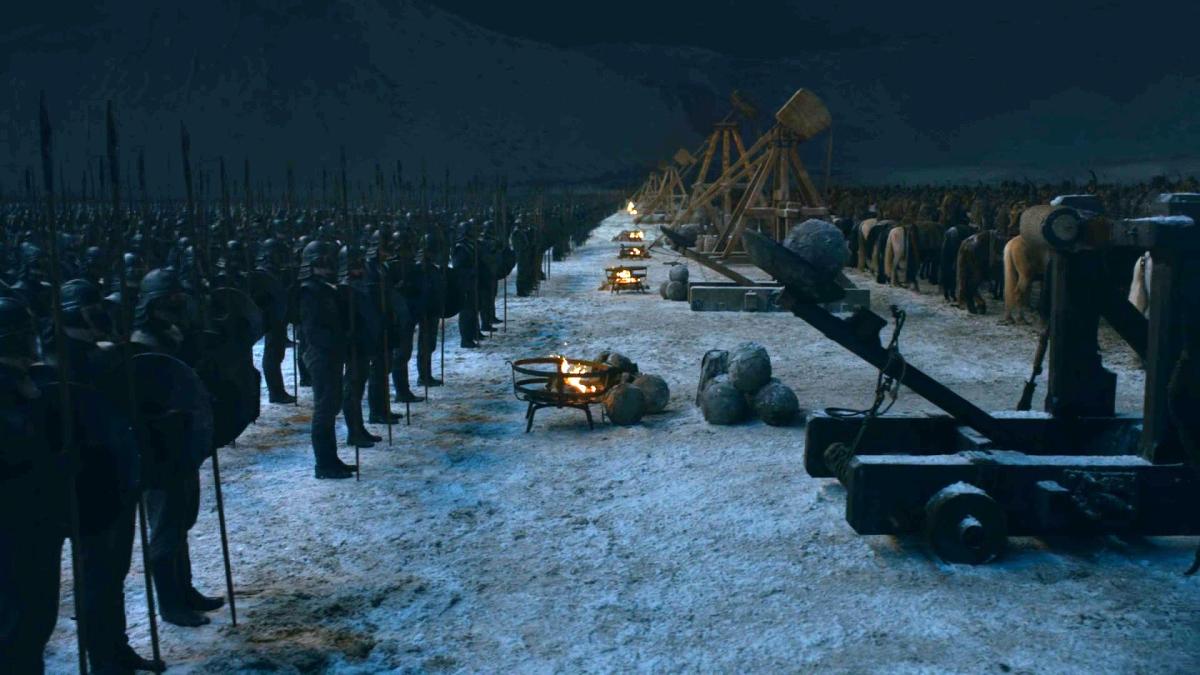Aldarion
 Archmage
Archmage

26 Modern Misconceptions About Medieval Warfare
A Song of Ice and Fire and other “realistic” medieval fantasy works have been trying to challenge the set-in conceptions of Middle Ages and provide a more realistic take on the era, one…
 warfantasy.wordpress.com
warfantasy.wordpress.com
A Song of Ice and Fire and other “realistic” medieval fantasy works have been trying to challenge the set-in conceptions of Middle Ages and provide a more realistic take on the era, one that tries to remove the lenses of noble prejudices and show how things truly were.
Problem is, they have failed. Instead of removing prejudice, postmodernist fantasy has merely replaced medieval distortion lenses with (post)modern distortion lenses – but has completely failed at building a “more real” medieval world. And this is obvious in warfare as well.
That being said, I want to note a caveat: all of the misconceptions, and responses to them, are by nature generalizations. But just because something is generally true does not mean it is always true.


 Vala
Vala Dreamer
Dreamer